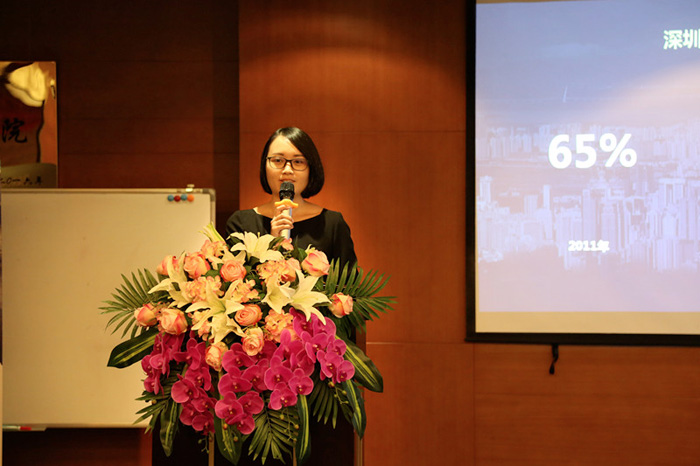
In the morning, the neat meeting room, accompanied by warm and inspirational music, colleagues took the initiative to participate on time.

The training course officially started. As the host of this conference, Chen Lizhen, the human resources administrative center, warmly welcomes everyone, and briefly introduces today's keynote speaker and training process.
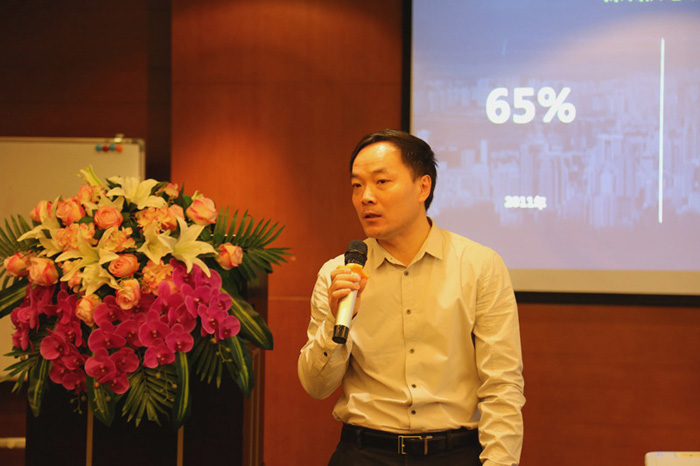
Based on the emphasis on this training, Xiao Daqiang, the group's urban renewal industrial center, gave a speech on this training, emphasizing the importance of Shenzhen's industrial reform for the development of real estate enterprises, and the difficulties and difficulties faced in urban renewal. Among the themes of Shenzhen's industrial reform.

After entering the formal teaching session, Dong Ji began with the current situation of urban renewal in Shenzhen, emphasizing that “work reform – the home of the future and the battlefield of the future.” Through the urban renewal of Shenzhen, the land supply structure, work Several sets of data, such as the approved building area, are reflected in the annual development of the industrial reform in Shenzhen in recent years. The paving of big data introduced the students' awareness of Shenzhen's industrial reform. At the same time, it emphasizes that Shenzhen industrial reform still faces four major problems and one difficulty: the floor area ratio upper limit, the function ratio and design, the transfer restriction, the revenue share, and the land price calculation.
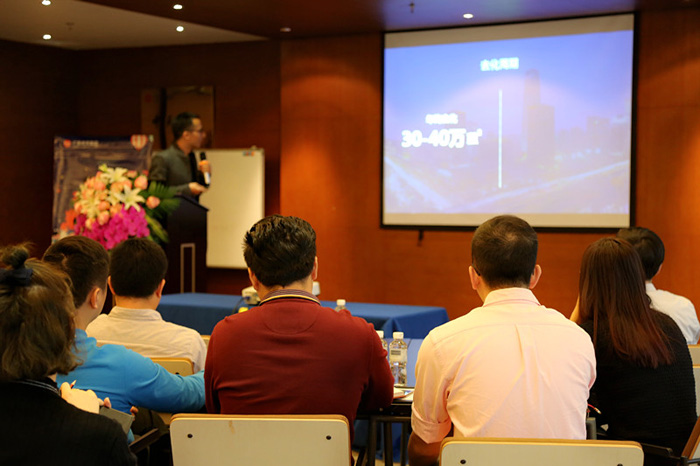
From this, we entered the topic of practical operation of the land use model of the industrial reform. Mr. Dong classified and explained in four directions: the rebuilding and rebuilding of non-renewables, the rebuilding of non-renewables, the comprehensive rectification, and the special industrial site mode. The direction is based on its basic conditions, land conditions after transformation, floor area and property functional area, R&D room ratio, function transfer, land price measurement, and value-added income, respectively, to build a knowledge base for practice.
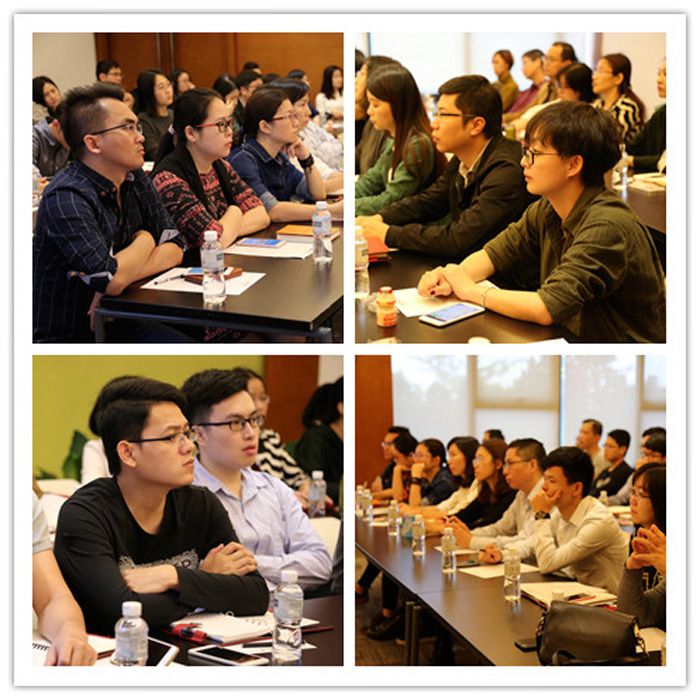
In the case of the rebuilding and rebuilding of the upgrading class, in the case of Fangdacheng, the general product positioning through cultural creativity and technology services, as well as the improvement of post-functional indicators, segmentation of sales, pre-sale, legal person purchase, etc. constitute cash flow; It also emphasizes the importance of product market and functional design through the case of Fenghui Chuangzhi Special Zone.
In the direction of non-renewable dismantling and rebuilding, taking Tongtai Times Center as an example, 50% of the holding property can be transformed into commercial and hotel functions through functional conversion, improving the project's own supporting facilities and enhancing the comprehensive premium; The company provides back-to-rent, increases the added value of the apartment's asset investment, provides guaranteed fixed income, and enhances customer confidence. Taking Xinghe World as an example, we will carry out multi-phase development and cultivate the maturity of the region. We will use the space carrier integrating production, production, education and production to provide a full life cycle space for the enterprise to create space, business incubator and headquarters base. Create a GALAXY+ business operation system, deeply participate in the whole life cycle of enterprise development, and solve business problems outside the core business of the enterprise; drive with Huawei, Shenzhen Venture Capital, Hong Kong Chinese University and other multi-level industry cores in different fields. Brand appeal.
In general, under the different resources of the policy reform and project support, the market has gradually formed two development modes: real estate operation and industrial mode operation.
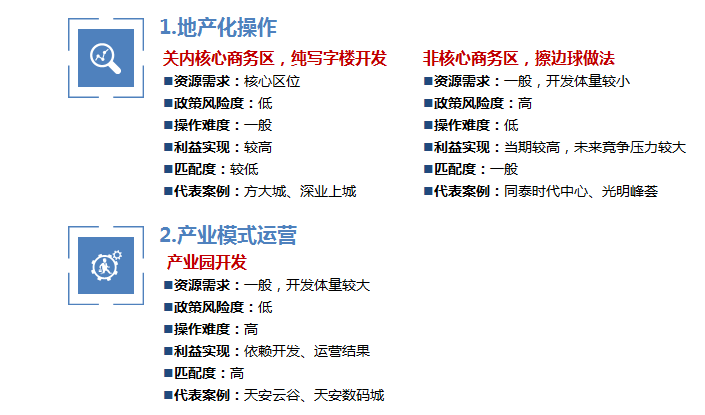
In the direction of comprehensive remediation and special industrial land projects, Shenzhen Bay Science and Technology Eco-city is taken as an example to illustrate the innovation and importance of segmentation sales.
Coming to the topic of the impact and countermeasures of Shenzhen's industrial reform, Mr. Dong focused on four aspects: industrial declaration, floor area ratio, functional planning, and product design. On the issue of industrial declaration, the industrial positioning of the industrial land upgrading project is to determine the project's floor area ratio and the progress of the application for approval, and its key factors; in the application of the floor area ratio, you can strive to declare the city's major industrial projects, using top-down The administrative application method and the floor area rate declaration are appropriately declared in excess of the value measured by the policy method. At the functional design level, it is recommended to build the matching ratio as much as possible for the easy-to-return supporting dormitory to sell, or to maximize the high-value products according to the project area value. At the same time, the R&D (office) indicators are submitted for approval in the name of the incubator in the early stage, and the sales are later. Converted to a flat or LOFT business apartment with a smaller property area for sale. In terms of product design, it can be solved by flat-type flattening, research and development and loft apartment.
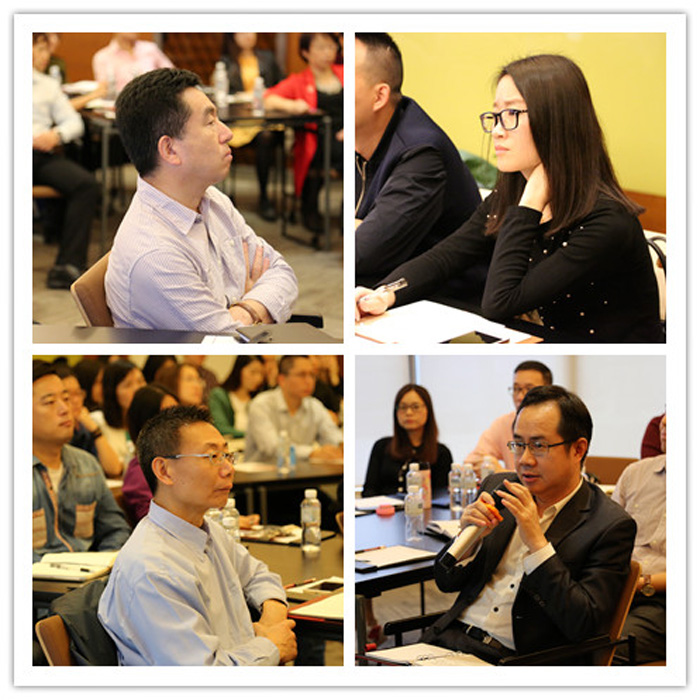
On the topic of work-related reform policies, the policy provisions related to industrial reform related policy trends, historical land issues, and non-agricultural construction land use indicators were listed in detail, providing a clear development direction for everyone.
Policy development and market conditions have established a new development model. A training full of knowledge allows partners to travel in the knowledge hall of Shenzhen Industrial Restructuring, to better develop their own business and to work hard for Zhongtian to walk in the front end of the industry.
Tips: If a colleague is interested in the "Shenzhen Industrial Land Practice Guide" written by Dong Ji, you can contact the group's human resources administrative center Huang Zijun (extension: 899) for borrowing.